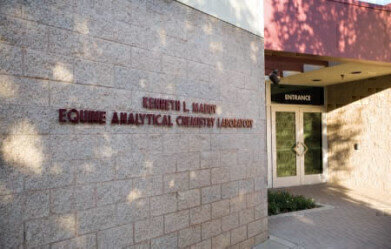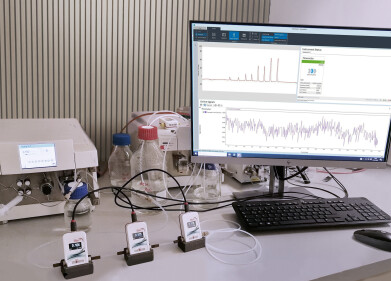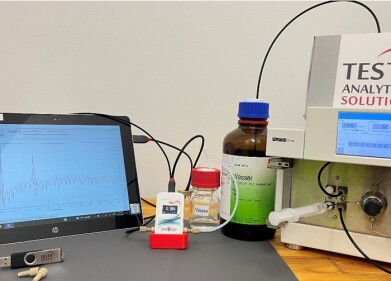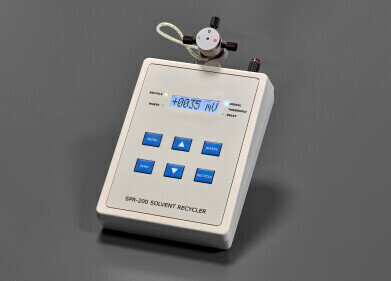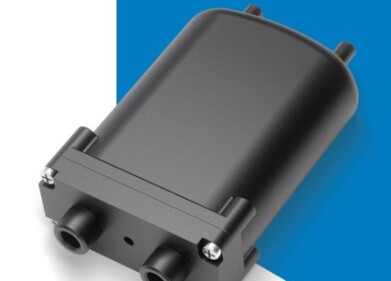Chromatography
Successfully Detecting Anabolic Androgenic Steroids in Horse Biological Fluids
May 29 2009
Thermo Fisher Scientific, Inc announced the success of its liquid chromatography tandem mass spectrometry (LCMS/ MS) solution at the Kenneth L. Maddy Analytical Chemistry Laboratory. The Thermo Scientific Aria TLX-2 turbulent flow chromatography system coupled with the
Thermo Scientific TSQ Vantage triple stage quadrupole mass spectrometer was selected to perform precise and sensitive detection of anabolic androgenic steroids (AAS) in urine and plasma samples from performance horses. Based in Davis, California, the state-of-the-art laboratory is the authorised equine drug-testing laboratory for California’s six permanent race courses, nine seasonal fair venues and other performance events.
One of the major challenges when determining AAS in biological fluids is sample preparation. Endogenous phospholipids, present in extremely high levels in biological samples, are a major component of matrix interference. These interferences affect analyte ionization, reducing the precision and reproducibility of subsequent quantitative MS analysis (ion suppression). Equine testing laboratories have traditionally used immunoassay screening followed by gas chromatography/mass spectrometry (GC/MS) confirmation to minimize interferences. However, these methods lack sensitivity, require lengthy sample preparation and do not remove all matrix interferences.
The Kenneth L. Maddy Analytical Chemistry Laboratory required a means of analysis with high accuracy and simple sample preparation to cater for the vast number of incoming samples. Dr Scott Stanley, Associate Professor of Analytical Chemistry and Pharmacology and head of the laboratory, decided to invest in a comprehensive Thermo Scientific solution combining an Aria TLX-2 system utilising Thermo Scientific TurboFlow technology with a TSQ Vantage triple stage quadrupole mass spectrometer. Researchers have been able to detect very small quantities (low parts per trillion) of substances in blood long after an illegal administration. The labor-intensive SPE and LLE procedures have been eliminated.
Digital Edition
Lab Asia 31.6 Dec 2024
December 2024
Chromatography Articles - Sustainable chromatography: Embracing software for greener methods Mass Spectrometry & Spectroscopy Articles - Solving industry challenges for phosphorus containi...
View all digital editions
Events
Jan 22 2025 Tokyo, Japan
Jan 22 2025 Birmingham, UK
Jan 25 2025 San Diego, CA, USA
Jan 27 2025 Dubai, UAE
Jan 29 2025 Tokyo, Japan
